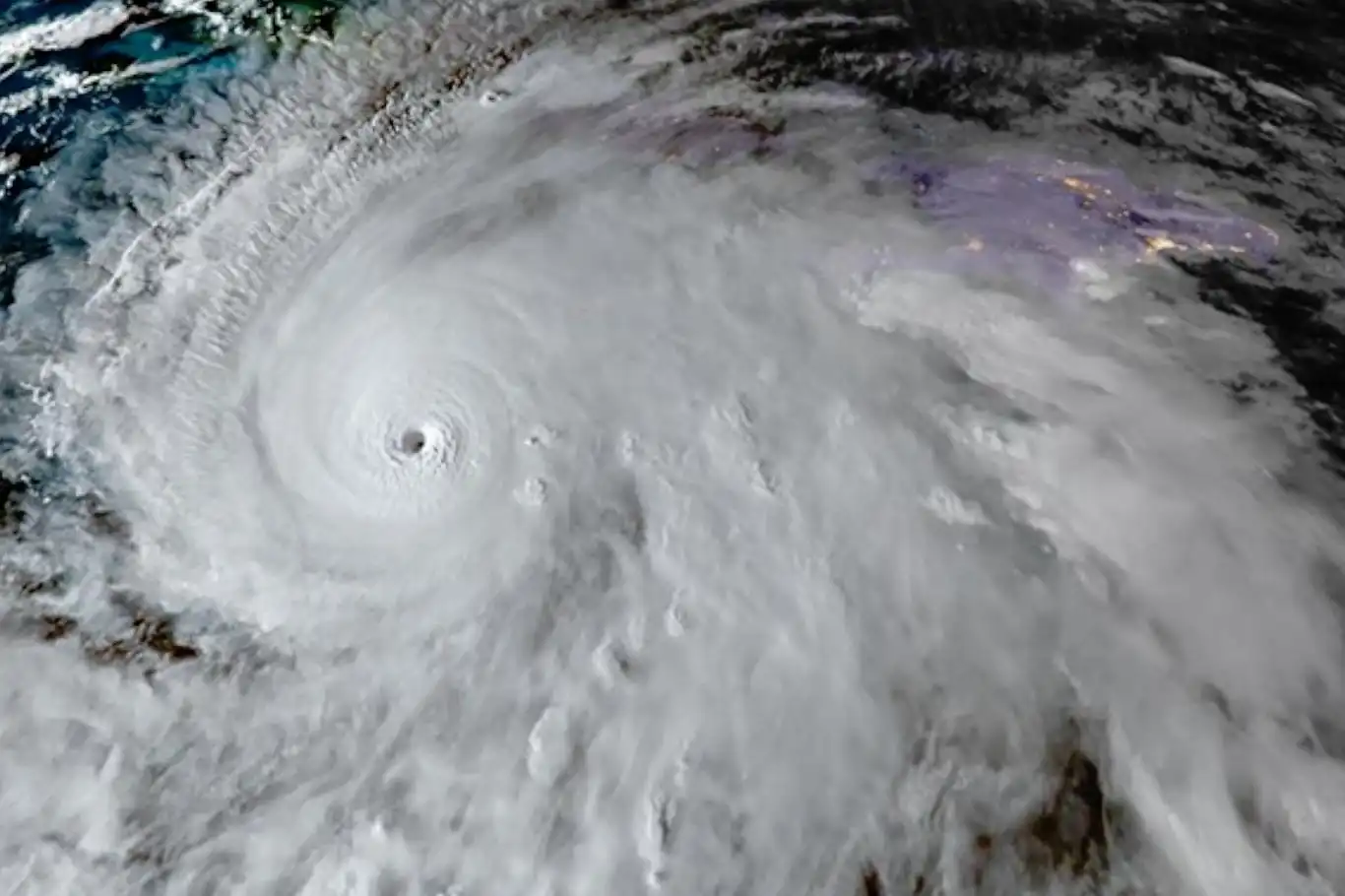Hurricane Melissa leaves devastation across Caribbean, killing 25 in Haiti


Hurricane Melissa has carved a deadly path through the northern Caribbean this week, leaving widespread destruction in Haiti, Jamaica, and Cuba.
The powerful storm has killed at least 25 people in Haiti and displaced tens of thousands across the region.
In Haiti, torrential rains from the hurricane caused the La Digue River in the coastal town of Petit-Goâve, about 64 kilometers west of Port-au-Prince, to overflow, sweeping through residential neighborhoods. Local authorities confirmed that 25 people were killed, including 10 children, while 12 remain missing. More than 1,000 homes were flooded and 12,000 people have been forced into emergency shelters across the country.
The storm struck Haiti just days after ravaging Jamaica, where it made landfall on Tuesday as a Category 5 hurricane with sustained winds of up to 185 miles per hour (298 kilometers per hour) — making it one of the strongest storms ever recorded in the Atlantic. Melissa battered Jamaica’s southwestern coast, toppling trees, destroying buildings, and knocking out power to 77 percent of the island. Over 25,000 residents were relocated to temporary shelters as widespread flooding and landslides cut off several rural communities.
As the hurricane moved northward, it weakened slightly before striking eastern Cuba as a Category 3 storm. Cuban authorities evacuated nearly 735,000 people in anticipation of the hurricane’s landfall in the provinces of Granma, Santiago de Cuba, Guantánamo, Holguín, and Las Tunas. Residents reported roofs ripped away by fierce winds, homes flattened, and roads blocked by mudslides and fallen trees.
By Thursday, Melissa had weakened to a Category 1 hurricane as it churned toward the Bahamas and Bermuda. Meteorological agencies warned that dangerous storm surges, flash flooding, and high winds could still affect both island nations in the coming days.
Haiti, already struggling with political turmoil and chronic instability, now faces a worsening humanitarian crisis. Floodwaters have inundated major roads, disrupted food supplies, and displaced thousands of families who were already living in precarious conditions. International aid groups say rescue operations remain difficult due to damaged bridges and washed-out infrastructure.
In Jamaica and Cuba, emergency teams and international organizations have begun distributing food, water, and medical aid to affected communities. However, widespread power outages and communication breakdowns continue to slow relief efforts.
Climate scientists have noted that Melissa’s rapid intensification and extraordinary strength reflect a troubling pattern linked to warming ocean temperatures. Experts warn that rising sea-surface heat is fueling more frequent and powerful tropical cyclones across the Caribbean and Atlantic.
Relief and recovery operations are expected to last for weeks as local governments assess damage and restore vital services such as electricity, clean water, and transportation networks. Authorities in the Bahamas and Bermuda remain on high alert as Hurricane Melissa continues its path through the Atlantic, with forecasts warning of possible flooding and coastal erosion despite its reduced strength.
The full scale of the devastation across the Caribbean is still being assessed, but early reports indicate that Hurricane Melissa ranks among the most powerful and destructive storms to strike the region in recent years. (ILKHA)
LEGAL WARNING: All rights of the published news, photos and videos are reserved by İlke Haber Ajansı Basın Yayın San. Trade A.Ş. Under no circumstances can all or part of the news, photos and videos be used without a written contract or subscription.
Senior Hamas official Muhammad Nazzal has accused Israeli Prime Minister Benjamin Netanyahu of orchestrating a deliberate campaign to undermine the Sharm el-Sheikh ceasefire agreement, asserting that the Tel Aviv regime is actively seeking false pretexts to reignite its brutal war on the Gaza Strip.
Hezbollah has strongly condemned the latest Israeli assault on the southern Lebanese border town of Blida, calling it a continuation of the Zionist regime’s “criminal violations” of Lebanon’s sovereignty and a blatant disregard for international law and agreements.
Hundreds of people gathered in Germany’s capital, Berlin, to denounce the Israeli occupation regime’s repeated violations of the ceasefire and its renewed wave of deadly attacks against the besieged Gaza Strip.
An Israeli military raid in the southern Lebanese town of Blida early Thursday resulted in the death of a municipal employee, marking a serious escalation in cross-border hostilities.